8 Side Effects of Milk Thistle You Should Be Aware Of
Over-indulging in this powerful herb may do you more harm than you know.
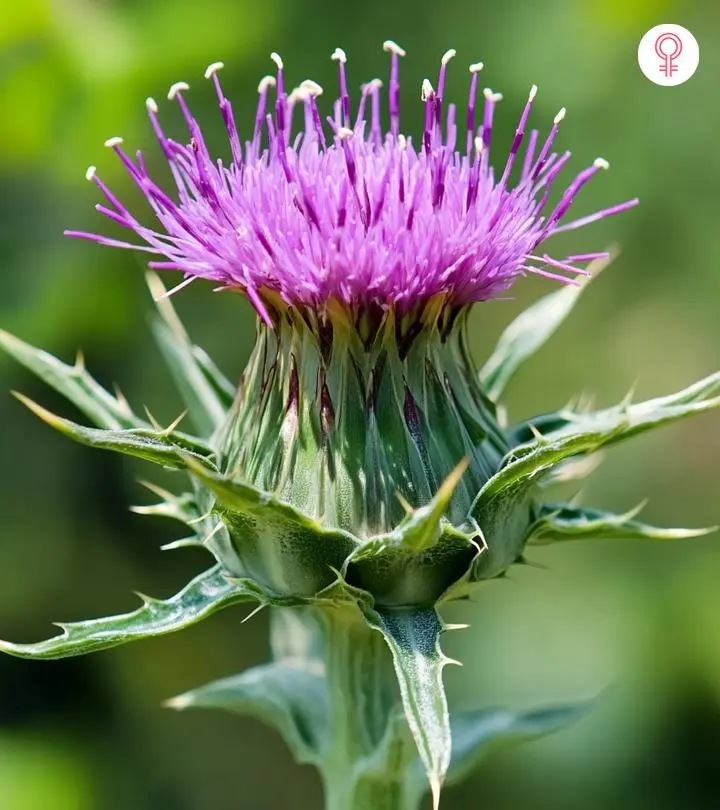
Image: Midjourney/ StyleCraze Design Team
Milk thistle (Silybum marianum) is a herb loaded with antioxidants and is known for its anti-inflammatory properties (1). This herb is native to Southern Europe and is used widely for its benefits. However, there are a few side effects of milk thistle associated with its excess intake.
Allergic reactions, abdominal problems, and estrogen and drug interactions are some of the common side effects seen in people who take this herb for extended durations (1).
Knowing these side effects is important for anyone considering using milk thistle as a natural remedy, as it allows for more informed health choices.
Learn more about the other negative effects of this herb and what research says about them. Continue reading.
 Know The Flip Side: Milk Thistle
Know The Flip Side: Milk ThistleShort-Term Effects
It may cause allergic reactions such as hives, abdominal problems like diarrhea and bloating, and muscle cramps.
Long-Term Effects
May aggravate conditions like endometriosis, and lower blood sugar levels too much.
Drug Interactions
It can interact with drugs like estrogen pills, statin drugs, which are known to lower cholesterol levels, and diabetes medications.
When To See A Doctor
If you develop an allergic reaction after consuming milk thistle then seek medical help immeditely.
In This Article
Milk Thistle Side Effects
Though it is generally considered safe for most people, there are some possible milk thistle side effects that you should be aware of like diarrhea, an upset stomach, and allergies.
1. May Cause Abdominal Issues

Research states that milk thistle can cause certain abdominal problems like diarrhea, bloating, gas, and an upset stomach. Oral ingestion of milk thistle has also been linked to abdominal fullness (or abdominal pain), anorexia (a loss of appetite), and changes in bowel habits (2).
However, most studies rarely talk about whether milk thistle actually causes these side effects. Research shows that people who consumed milk thistle vs. those who took other substances showed the same number of side effects. So, more research is warranted to determine that milk thistle is responsible for any particular reaction (2).

 Fun Fact
Fun Fact2. May Cause Allergic Reactions

Milk thistle can cause allergic reactions in people, especially in individuals who are also allergic to ragweed, marigolds, daisies, and chrysanthemums (3).
Certain reports also state that milk thistle can cause skin rashes and hives (1). How this happens is yet to be studied.
However, if you develop an allergic reaction after taking milk thistle, stop use and consult your doctor.
Chrissy, a vlogger, recounted her experience of using milk thistle for about six days to detox her liver. She said, “Milk thistle broke me out so bad and this was the only thing that I was taking that week and I did not alter my dye in any type of way. Nothing different happened. I usually do not get acne like that (i).”
3. May Interact With Estrogen
Milk thistle is known to have several estrogen-like properties, and certain sources state that it may aggravate a few health conditions (like endometriosis, where the endometrial tissue appears outside the uterus and causes pain) sensitive to estrogen (4).
Milk thistle might also decrease hormone levels in the body. It is generally safe, but researchers do not fully understand how it interacts with medications. It may slightly affect how the body processes certain drugs by influencing enzymes in the liver that transport proteins to move drugs in and out of cells. Because of this, doctors recommend being cautious when taking milk thistle along with other medications (5). This suggests that taking it along with estrogen pills might reduce their effectiveness. Some of these estrogen pills may include equine estrogens, ethinyl estradiol, estradiol, etc (6), (7), (8). However, more direct research is warranted in this regard.
Note: Prolonged use of milk thistle may result in hormonal imbalances. So, it is important to use milk thistle with guidance from a healthcare provider.
4. May Have Interactions During Breastfeeding And Pregnancy

Though milk thistle has been historically used to improve the flow of breast milk, its benefits during breastfeeding and pregnancy are not well studied yet (9), (3). In fact, research suggests that milk thistle does not increase the mean daily milk volume in lactating mothers (9). Hence, stay safe and avoid use.
5. May Interact With Cholesterol Medication
While it is frequently used as a herbal therapy to promote liver function, there are some potential dangers of milk thistle as it can interact with medications. It might interact with statin drugs, which are known to lower cholesterol levels (lipid-lowering) (10). Some of these drugs may include Mevacor, Lescol, Zocor, Pravachol, and Baycol. Milk thistle interacts with these drugs as both are broken down by the same liver enzymes.
6. May Lower Blood Sugar Way Too Much

Research indicates that milk thistle may lower blood glucose levels in people with type 2 diabetes (3). This may be because milk thistle contains a chemical called silymarin, which can decrease blood sugar levels (11). Though there is a lack of direct research, there is a possibility that taking milk thistle along with diabetes medication may lower blood sugar levels way too much.
7. May Interact With Other Drugs
Certain drugs are broken down in the liver, and milk thistle might decrease how quickly this happens (12). Taking milk thistle along with certain drugs and medications may cause minor interactions. Some such drugs may include (13):
- Indinavir
- Elavil
- Valium
- Celebrex
- Voltaren
- Lescol
- Cozaar
- Demadex
- Coumadin
- Zyflo
Since milk thistle affects how well the liver breaks down these medications, it can affect how well these medications can work.
Some research also suggests that milk thistle consumed in higher doses may also interact with diazepam, used for anxiety. Some studies found that, in rare cases, milk thistle may increase the risk of bleeding, especially in people taking blood thinners (1). So, if you are on any medication, it is best to be cautious and talk to your doctor before using milk thistle.
Some research also states that overall, milk thistle may not pose a great risk for drug interactions in humans (14).
8. May Cause Weakness
Certain individuals might experience weakness with milk thistle. Other related symptoms include a tingling sensation in the muscles and muscle cramps (15).
In a case from Australia, a person experienced some side effects of milk thistle like sweating, stomach cramps, nausea, vomiting, diarrhea, and weakness. These symptoms went away once they stopped taking the milk thistle supplement. Researchers suggested that the problem may have risen due to contamination in the capsules, although they were not sure what exactly caused the contamination (15). So, while milk thistle is generally safe for most people, there may be occasional reactions, possibly due to issues with how the product was made or stored.
Learn about the precautions one needs to follow while taking milk thistle in the section below.
Key Takeaways
- Milk thistle causes abdominal issues like stomach upset, diarrhea, bloating, and gas.
- It decreases hormone levels, causing estrogen problems. It is also not safe for breastfeeding.
- Milk thistle reacts with medicines for cholesterol and blood sugar, often lowering the levels too much.
- Milk thistle reacts with different drugs and causes weakness, headache, dizziness, and allergies.
Milk Thistle Warnings
- Allergic Reactions: Some individuals may be allergic to milk thistle and experience symptoms like itching, rash, or swelling. If you have a history of allergies, exercise caution (1).
- Digestive Issues: High doses of milk thistle may lead to digestive discomfort, including diarrhea, bloating, and indigestion. Follow recommended dosage guidelines to prevent this (1).
- Interactions with Medications: Milk thistle may interact with medications, potentially affecting their effectiveness. Consult your healthcare provider if you are taking medications (1).
- Pregnancy and Lactation: Pregnant or nursing women should consult their healthcare providers before using milk thistle, as its safety in these situations is not well-established (1).
If you experience any side effects of milk thistle, stop taking it to see if they subside. If they do, do not consume milk thistle. If the symptoms are severe or persist, contact a healthcare professional. They can help assess whether the side effects are related to milk thistle or not and suggest appropriate treatments. For instance, they may suggest other alternatives like turmeric that also has anti-inflammatory benefits like milk thistle (16). Other similar alternatives include dandelion root and green tea (17), (18).
 Quick Tip
Quick TipInfographic: Benefits Of Milk Thistle
Though there are some serious side effects associated with milk thistle, the antioxidant and anti-inflammatory properties of this herb provide several benefits for your health. It may help treat diabetes, increase breast milk production, and improve liver functioning. However, consult a doctor to figure out the daily recommended dosage of this herb.
Check out the infographic below to learn more about the benefits of milk thistle.
Some thing wrong with infographic shortcode. please verify shortcode syntax
Milk thistle is an herbal remedy with rich plant compounds. It is lauded for its anti-inflammatory and detoxification properties. According to anecdotal evidence it can be used as a home remedy to minimize liver damage and kidney damage. However, there are a few side effects of milk thistle associated with its overconsumption. While this warrants more research, anecdotal evidence suggests that the herb may cause abdominal issues, low blood pressure, skin rash, itching and bring about hormonal changes, menstrual changes and blood sugar changes. It can also interact with statin drugs, and cause an increased risk of bleeding. Hence, limit its usage if you experience any adverse reactions.
Frequently Asked Questions
Can you get milk thistle naturally from foods?
Mary Sabat, MS, RD, LD, says, “Milk thistle is a flowering herb that is native to Europe, North Africa, and the Middle East. It is commonly used in herbal preparations and is available in supplement form. You can use it in recipes. However, the only food we can actually get milk thistle from is milk thistle itself.”
Is milk thistle good for the heart?
Milk thistle has many benefits, which also include maintaining heart health. Sabat says, “Milk thistle is a natural herb with powerful antioxidant properties that may provide some heart health benefits. Studies suggest that it can help reduce inflammation, lower cholesterol levels, and boost antioxidant activity in the body. It may also help to protect against damage caused by free radicals and reduce the risk of heart disease.” She adds, “It may help reduce the risk of heart attack and stroke, and can help to reduce blood pressure. Milk thistle may also help reduce the risk of developing atherosclerosis and other cardiovascular diseases.”
Can milk thistle help people with kidney issues?
Sabat opines, “Milk thistle is a plant that has been used for centuries to support liver and kidney health. It contains a powerful antioxidant called silymarin, which is thought to protect the liver from damage caused by toxins, such as alcohol and certain medications. Studies have also found that silymarin has antioxidant, anti-inflammatory, and anti-cancer properties, which may help protect the kidneys from damage.”
She adds, “Milk thistle may also help reduce inflammation and oxidative stress, both of which are linked to kidney disease. Additionally, it has been found to reduce markers of kidney damage, such as creatinine and urea nitrogen, in people with chronic kidney disease. Finally, some research suggests that milk thistle may help reduce the risk of developing kidney stones.”
Is milk thistle good for jaundice?
According to Sabat, “Milk thistle may also be beneficial for people with jaundice. It is thought to help reduce bilirubin levels, which are increased in jaundice, as well as help support liver health. Milk thistle is believed to be an effective antioxidant and anti-inflammatory agent, which can help reduce inflammation in the liver. It may also help protect the liver from damage and help the body eliminate toxins that can contribute to jaundice. Additionally, milk thistle can support the body’s immune system and help reduce the symptoms associated with jaundice.”
Is milk thistle good for the gallbladder?
According to Sabat, “There is some evidence that milk thistle can help treat gallbladder disease. Studies have shown the active ingredient in milk thistle, known as silymarin, can help reduce inflammation and improve bile secretion. It may also help reduce the risk of gallstones and even dissolve them. Some research suggests that milk thistle can also reduce symptoms associated with gallbladder diseases, such as pain, bloating, and nausea.”
What is the daily upper limit for milk thistle?
Taking 420 mg of milk thistle a day (standardized to 70% silymarin) in divided doses is safe, for 6 to 8 weeks (19). However, consult your doctor for the best advice.
Where to buy milk thistle?
You can buy milk thistle online in the supplement form. You might also get the herb at your nearest supermarket/pharmacy.
How long does it take for milk thistle to start working?
It may take one or two weeks for milk thistle to start working.
Can you drink alcohol while taking milk thistle?
Yes, you can drink alcohol while taking milk thistle. For centuries, this herb has been used in fighting hangovers (10). The antioxidant properties of milk thistle can regenerate and minimize the damages in the liver cells which are done by consuming alcohol (2).
Can you take milk thistle long term?
Yes, you can take milk thistle long term. In animal studies, the antioxidant and radical-scavenging properties of silibinin in milk thistle were found to reduce tumors (20). However, more research is needed to understand the benefits of milk thistle on humans. So, consult a doctor to understand about its long term usage.
Does milk thistle cause weight gain?
Possibly. Mothers who used milk thistle to boost their milk production reported unwanted weight gain along with irritability and nausea (21).
Illustration: Side Effects of Milk Thistle You Should Be Aware Of
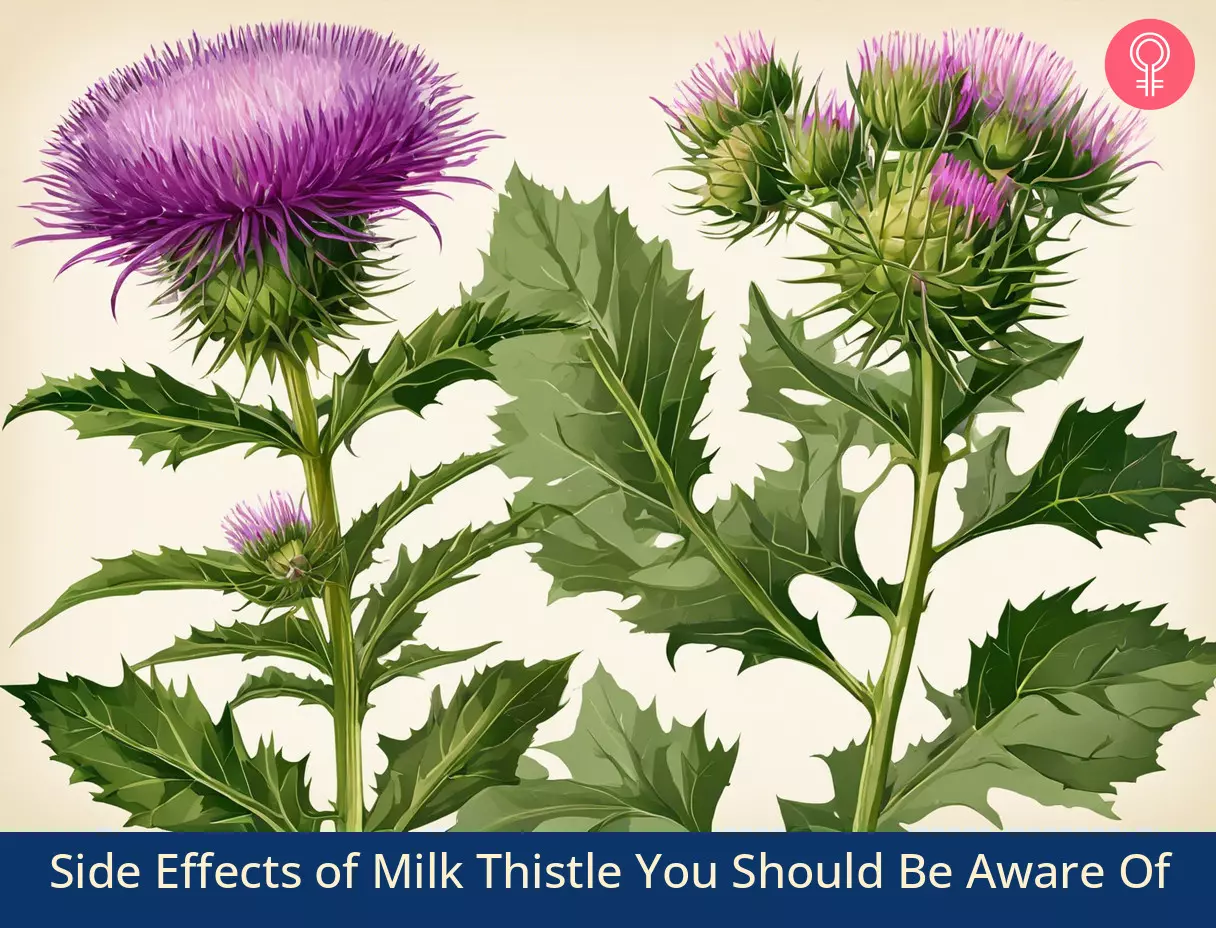
Image: Stable Diffusion/StyleCraze Design Team
Are you considering a milk thistle liver detox? Before diving in, it’s crucial to be aware of potential side effects. Watch this video to explore the truth behind this popular detox method. Stay informed and prioritize your well-being!
Personal Experience: Source
StyleCraze's articles are interwoven with authentic personal narratives that provide depth and resonance to our content. Below are the sources of the personal accounts referenced in this article.
i. Milk Thistle – Skin Side Effects WITH PICTURES!https://www.youtube.com/watch?v=8Nq5QGvAcDw
References
Articles on StyleCraze are backed by verified information from peer-reviewed and academic research papers, reputed organizations, research institutions, and medical associations to ensure accuracy and relevance. Read our editorial policy to learn more.
- Milk Thistle StatPearls.
https://www.ncbi.nlm.nih.gov/books/NBK541075/ - Milk Thistle: Effects on Liver Disease and Cirrhosis and Clinical Adverse Effects: Summary AHRQ Evidence Report Summeries National Center for Biotechnology Information U.S. National Library of Medicine.
https://www.ncbi.nlm.nih.gov/books/NBK11896/ - Milk Thistle National Center for Complementary and Integrative Health.
https://www.nccih.nih.gov/health/milk-thistle - Milk Thistle Constituents Inhibit Raloxifene Intestinal Glucuronidation: A Potential Clinically Relevant Natural Product–Drug Interaction Drug Metabolism and Disposition US National Library of Medicine National Institutes of Health.
https://www.ncbi.nlm.nih.gov/pmc/articles/PMC4538855/ - Drug-drug Interactions of Silymarin on the Perspective of Pharmacokinetics Journal of Ethnopharmacology US National Library of Medicine National Institutes of Health.
https://pubmed.ncbi.nlm.nih.gov/19041708/ - Herbal Interaction With Chemotherapeutic Drugs—A Focus on Clinically Significant Findings Frontiers
https://www.frontiersin.org/articles/10.3389/fonc.2019.01356/full - The Effects of Milk Thistle (Silybum marianum) on Human Cytochrome P450 Activity Drug Metabolsim and Disposition US National Library of Medicine National Institutes of Health.
https://www.ncbi.nlm.nih.gov/pmc/articles/PMC4164972/ - Review of Clinical Trials Evaluating Safety and Efficacy of Milk Thistle (Silybum marianum [L.] Gaertn.) SAGE Journals.
https://journals.sagepub.com/doi/pdf/10.1177/1534735407301942 - Milk Thistle Drugs and Lactation Database (LactMed®) [Internet]. US National Library of Medicine National Institutes of Health.
https://www.ncbi.nlm.nih.gov/books/NBK501771/ - Milk thistle: early seeds of potential The Lancet Oncology US National Library of Medicine National Institutes of Health.
https://www.ncbi.nlm.nih.gov/pmc/articles/PMC4116427/ - The therapeutic potential of milk thistle in diabetes US National Library of Medicine National Institutes of Health.
https://pubmed.ncbi.nlm.nih.gov/25396404/ - Silybum Marianum Science Direct.
https://www.sciencedirect.com/topics/agricultural-and-biological-sciences/silybum-marianum - Herb-drug Interactions: A Literature Review US National Library of Medicine National Institutes of Health.
https://pubmed.ncbi.nlm.nih.gov/15916450// - Interactions between Herbs and Conventional Drugs: Overview of the Clinical Data Karger Journals.
https://karger.com/mpp/article/21/5/404/203103/Interactions-between-Herbs-and-Conventional-Drugs - Milk Thistle PDQ Cancer Information Summaries US National Library of Medicine National Institutes of Health.
https://www.ncbi.nlm.nih.gov/books/NBK65780/ - Chapter 13 Turmeric the Golden Spice US National Library of Medicine National Institutes of Health.
https://www.ncbi.nlm.nih.gov/books/NBK92752/ - Dandelion root extract affects colorectal cancer proliferation and survival through the activation of multiple death signalling pathways US National Library of Medicine National Institutes of Health.
https://pmc.ncbi.nlm.nih.gov/articles/PMC5341965/ - Anti-inflammatory Action of Green Tea US National Library of Medicine National Institutes of Health.
https://pubmed.ncbi.nlm.nih.gov/27634207/ - “Silymarin” a Promising Pharmacological Agent for Treatment of Diseases Iranian University of Medical Sciences US National Library of Medicine National Institutes of Health.
https://www.ncbi.nlm.nih.gov/pmc/articles/PMC3586829/ - Investigating the Potential for Toxicity From Long-Term Use of the Herbal Products Goldenseal and Milk Thistle Toxicologic Pathology US National Library of Medicine National Institutes of Health.
https://pubmed.ncbi.nlm.nih.gov/21300790// - Milk Thistle
https://pubmed.ncbi.nlm.nih.gov/30000830/
Read full bio of Merlin Annie Raj
- Mary Sabat, MS, RDN, LD, is a registered dietitian and a certified in personal training by the American Council of Exercise. She has 30 years of experience in nutrition education, wellness coaching, fitness training, holistic health, and weight loss coaching. She obtained her bachelor's degree in Dietetics and Nutrition from the University of Delaware and master’s degree in Human Nutrition with an emphasis on Exercise Science from Rutgers University.
 Mary Sabat, MS, RDN, LD, is a registered dietitian and a certified in personal training by the American Council of Exercise. She has 30 years of experience in nutrition education, wellness coaching, fitness training, holistic health, and weight loss coaching. She obtained her bachelor's degree in Dietetics and Nutrition from the University of Delaware and master’s degree in Human Nutrition with an emphasis on Exercise Science from Rutgers University.
Mary Sabat, MS, RDN, LD, is a registered dietitian and a certified in personal training by the American Council of Exercise. She has 30 years of experience in nutrition education, wellness coaching, fitness training, holistic health, and weight loss coaching. She obtained her bachelor's degree in Dietetics and Nutrition from the University of Delaware and master’s degree in Human Nutrition with an emphasis on Exercise Science from Rutgers University.
Read full bio of Ravi Teja Tadimalla
Read full bio of Arshiya Syeda
Read full bio of Aparna Mallampalli







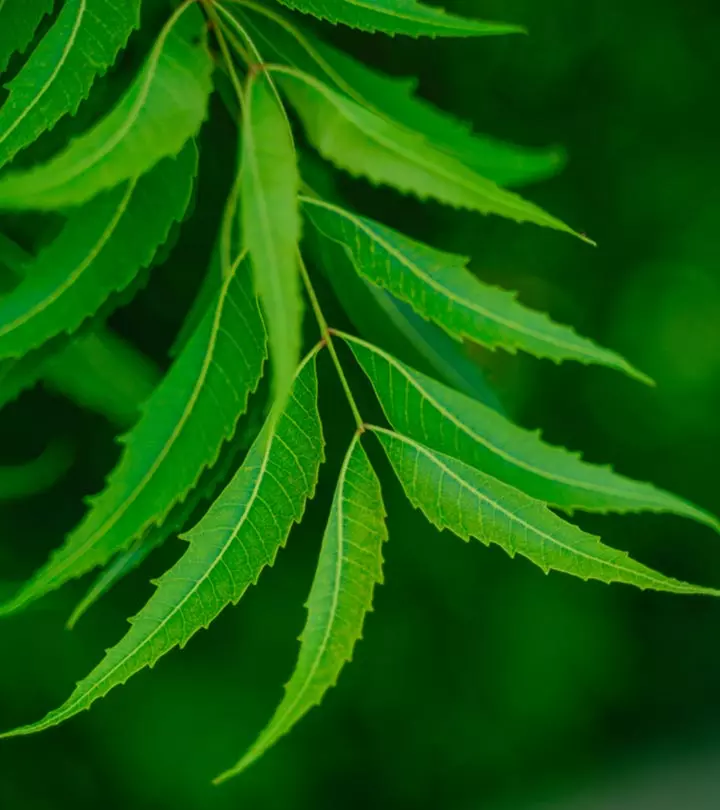
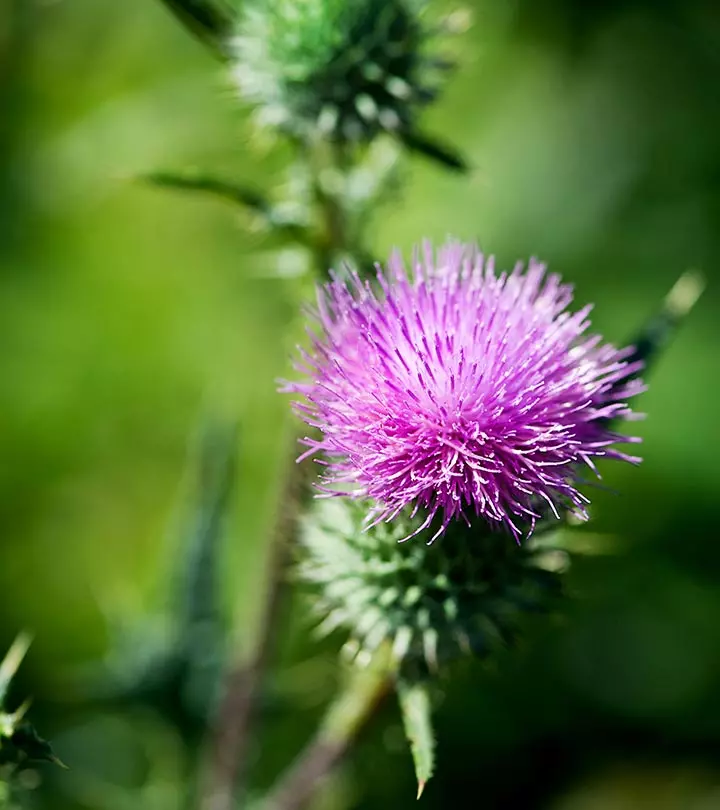
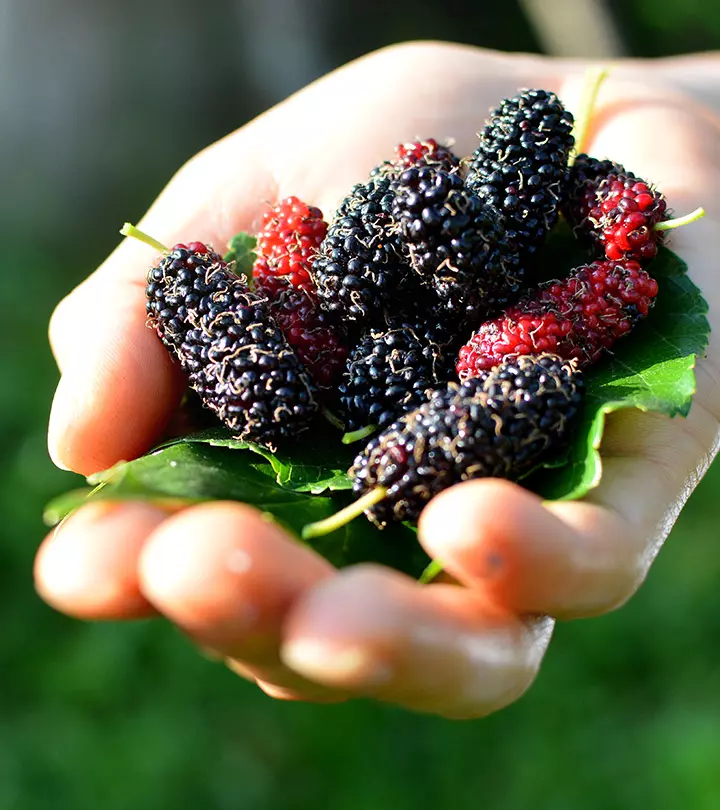
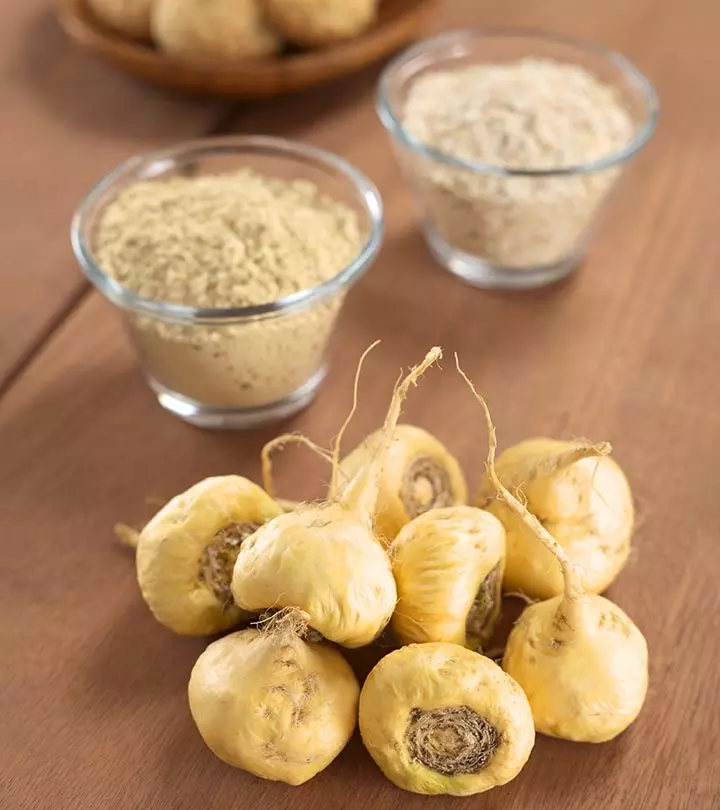

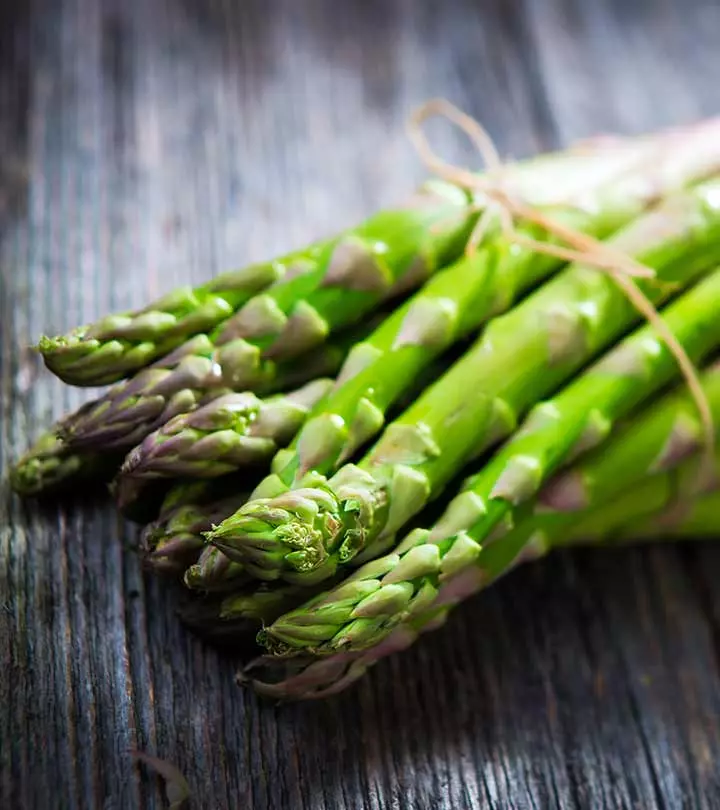
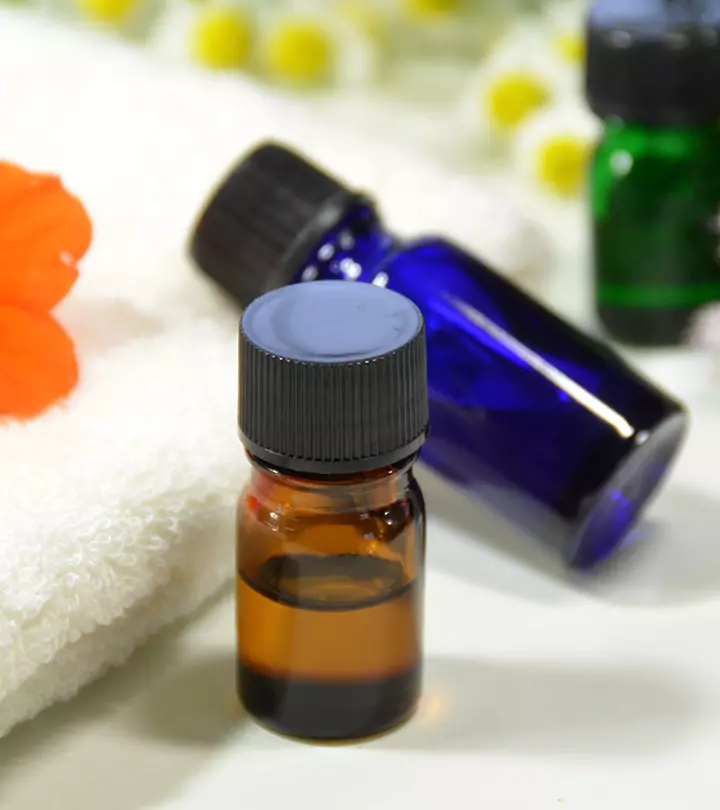

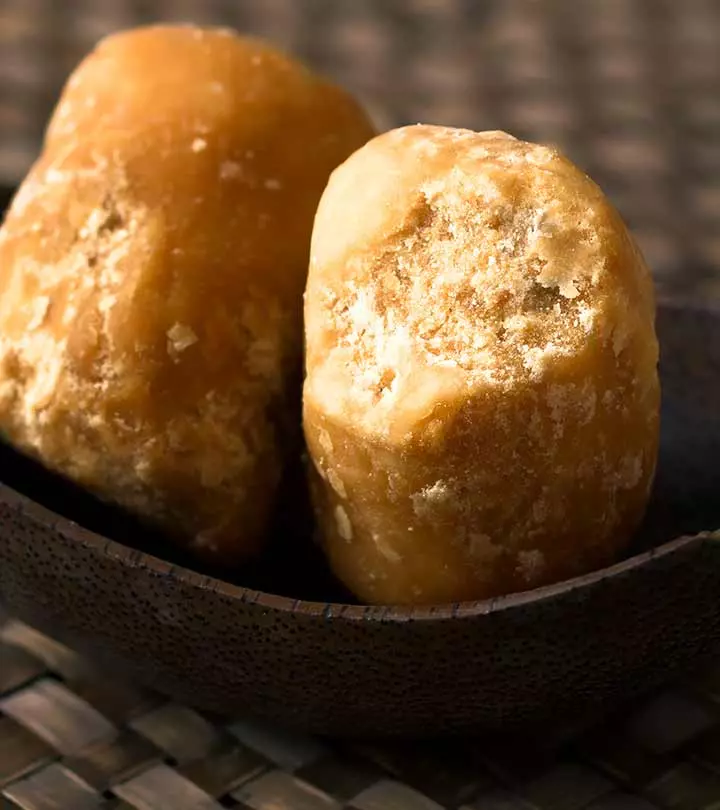
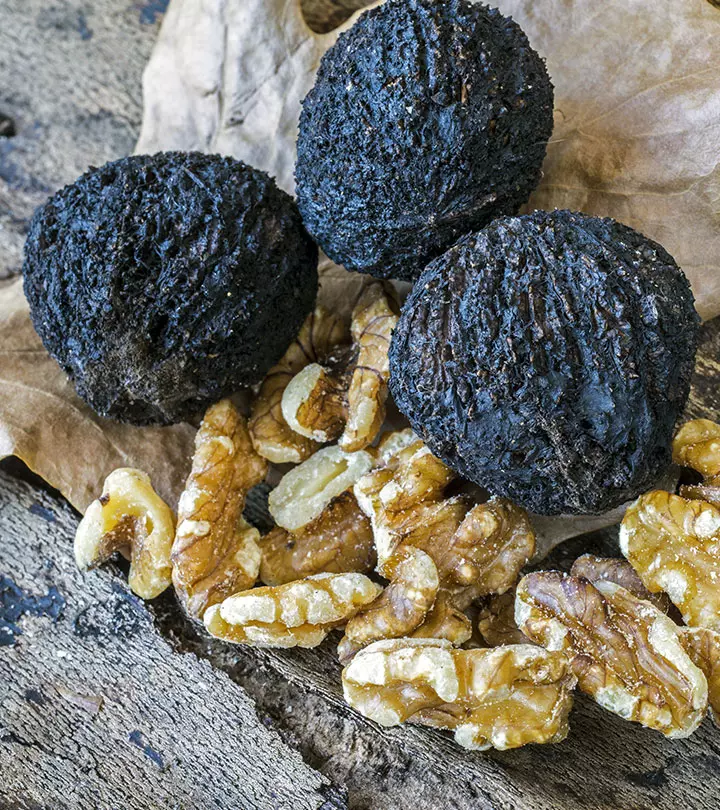
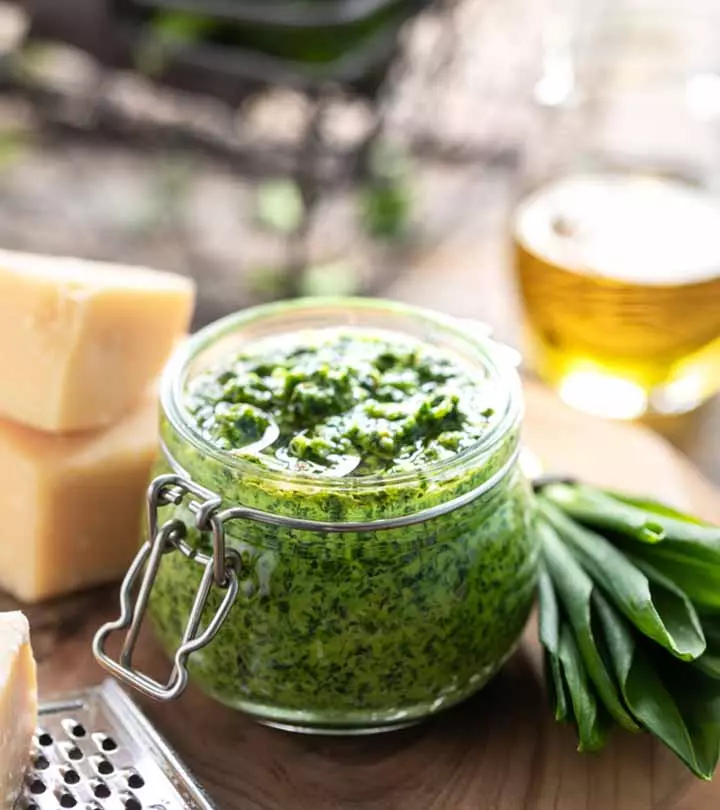

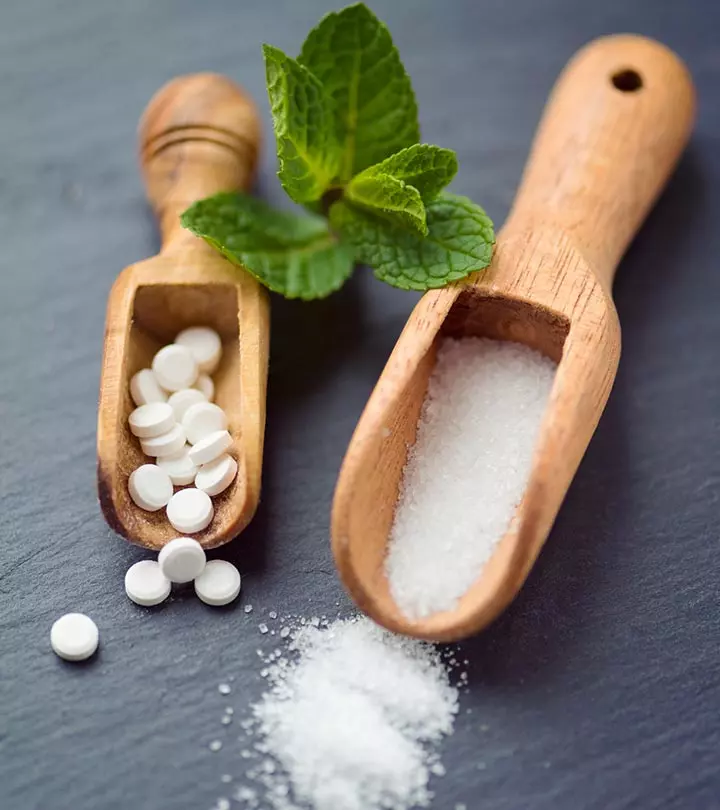

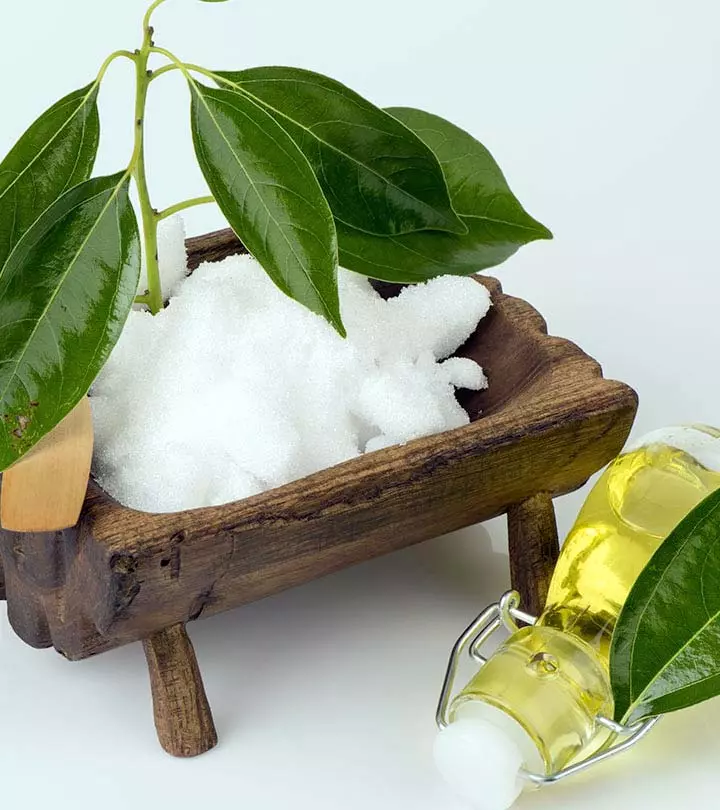

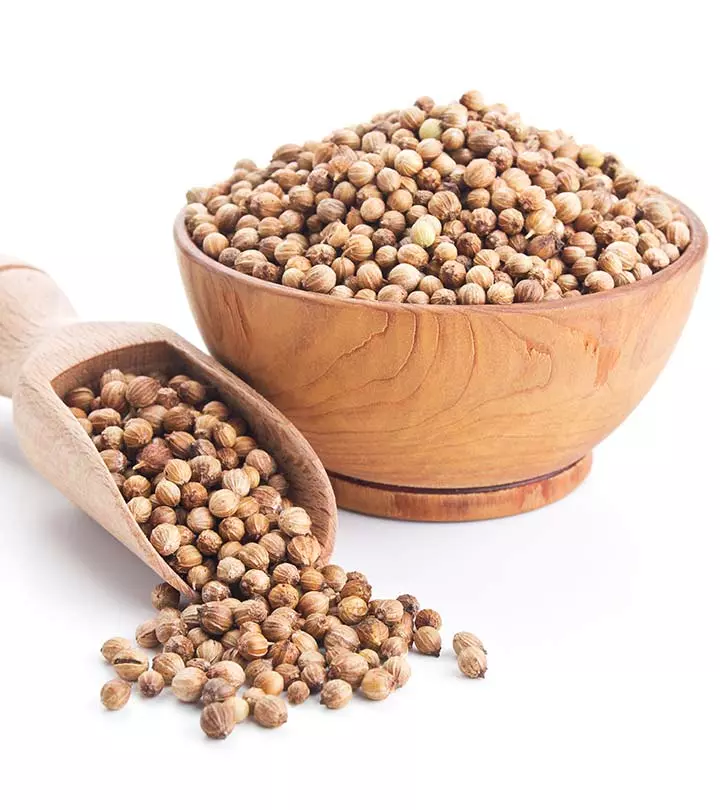
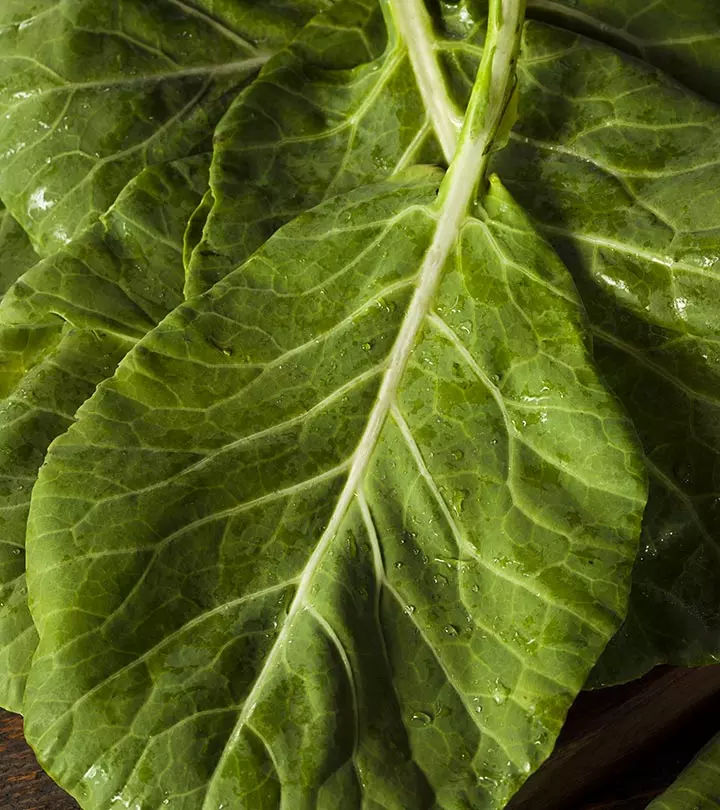
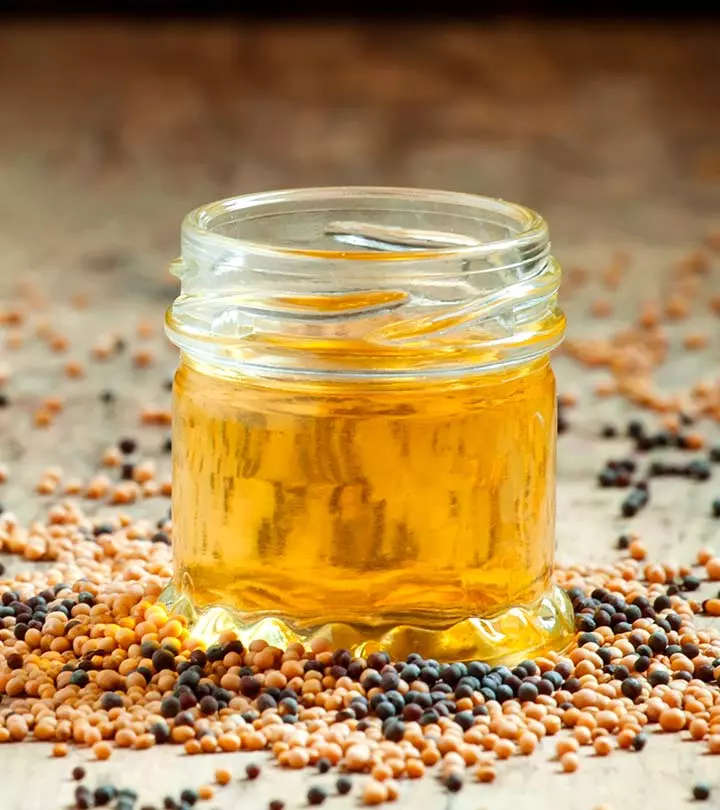
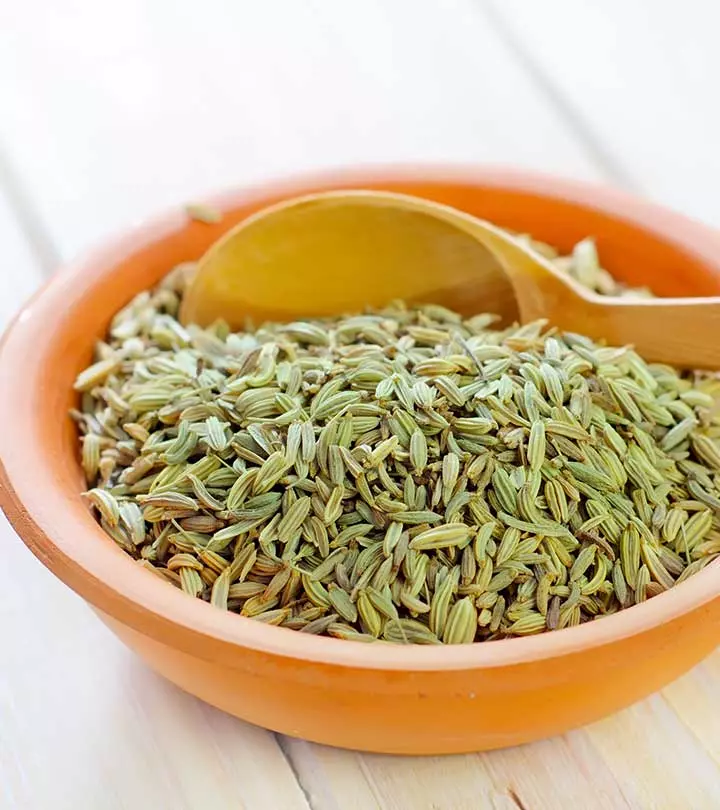
Community Experiences
Join the conversation and become a part of our empowering community! Share your stories, experiences, and insights to connect with other beauty, lifestyle, and health enthusiasts.